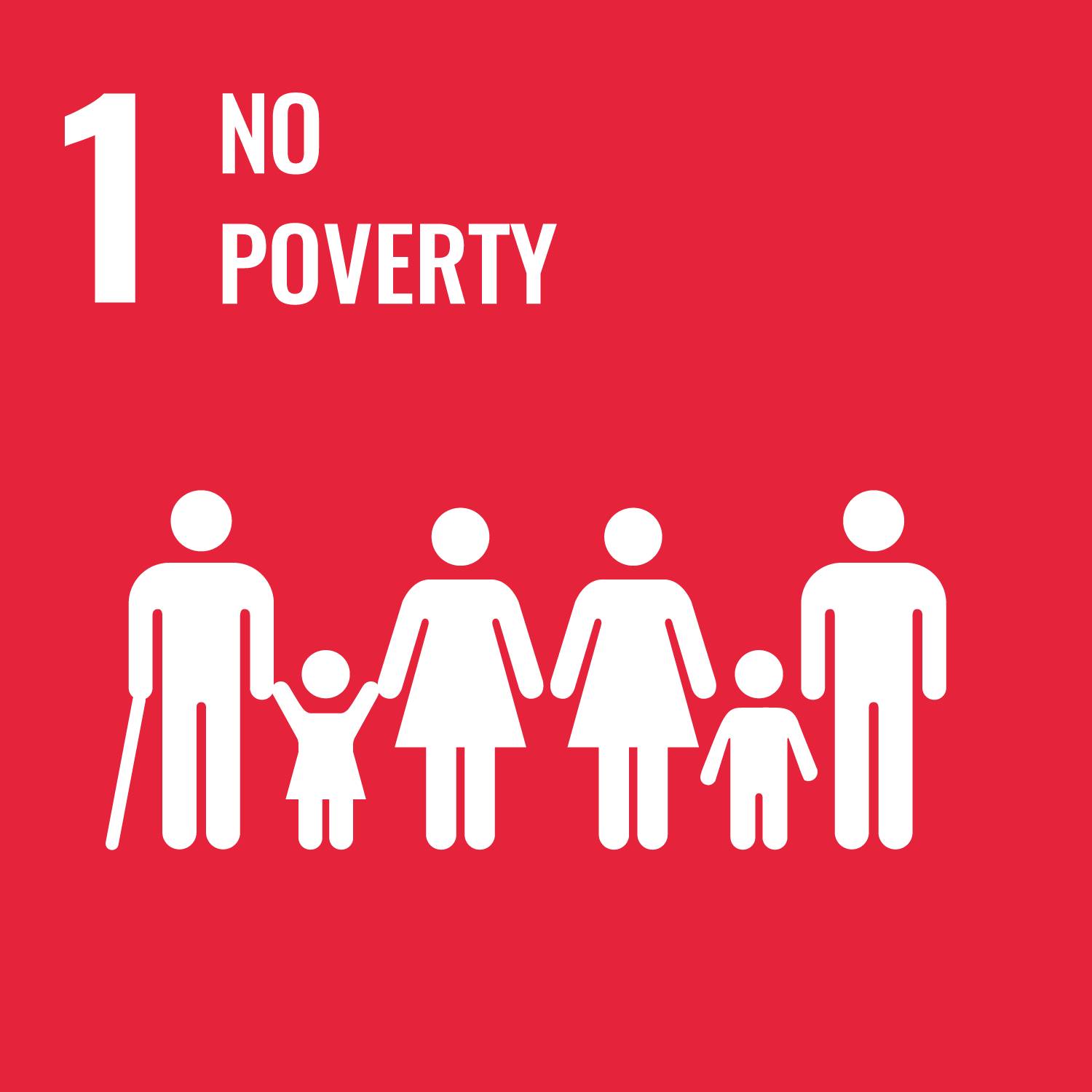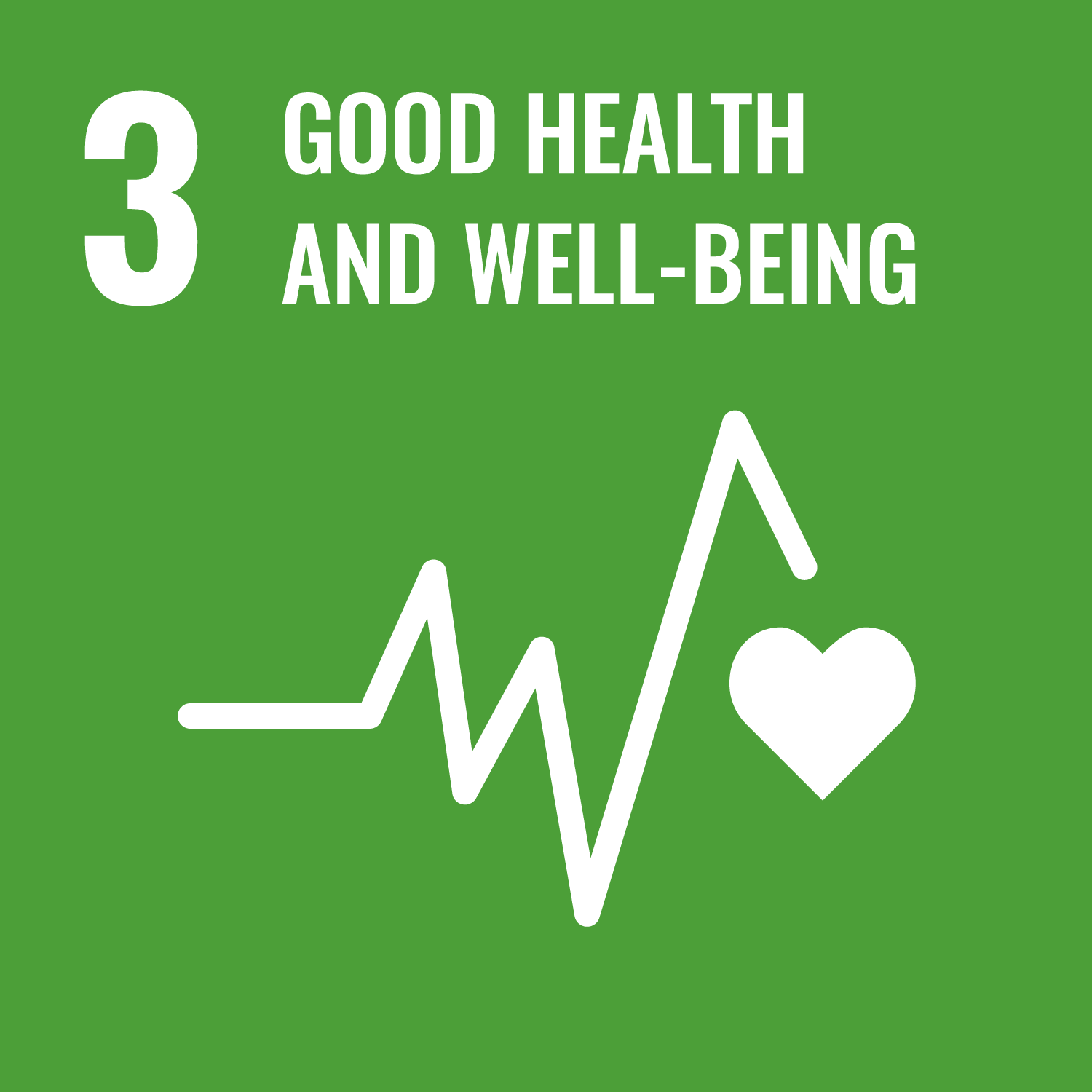Stephanie Halim (she/her) is an Indonesian trans woman activist. She completed her bachelor’s degree in clinical psychology and then her master’s degree in gender and violence. She co-wrote UNDP’s Being LGBT in Asia-Indonesia Report. Stephanie works to counter the deliberate erasure of trans people in Indonesia by enabling trans Indonesians to thrive, rather than just survive.
As a transgender person, why is Trans Visibility Week important to you?
I think it’s very important because we live in a world where trans people are constantly being erased, whether in our history, in our media, or even in our legal system. Although we are featured or included, most of the time we are portrayed negatively. For example, in some textbooks, we appear with pathological views, and negative religious interpretation always comes along with the description. Often trans people also become laughing stocks in slapstick comedies.
By looking at the recent political trend, it seems there are people within our society who want to punish the growing visibility of trans people. There is an effort to criminalise and rehabilitate people with diverse gender identity. However, we may not retreat. In fact, it should be the drive; the urge, of why we need more visibility for trans people. The more we are barred, the more visibility we want. The more awareness people get, I think they can understand trans people better.
How did you become an LGBTIQ+ activist?
I think it started in 2013 when I was in training on communication organised by APCOM, a Bangkok based NGO. I learnt how to effectively use social media as an advocacy tools and campaign. That’s the first time I learnt about the community and became more and more interested to be involved in the movement.
What inspires you to advocate for social change?
I think it is because I see many things that can be done to improve the life of trans people. And if I could contribute even just a little positive thing, I would do it. That’s mostly the motivation.
How long have you been involved in this work?
Around seven years now.
What are some of the challenges you face in advocating for more inclusion of transgender people?
I think, externally, the stigma attached to the trans community. The mindset of society is really hard to change. But the challenge is also similar within the transgender community internally. I think internalised self-stigma is the barrier for people to thrive, which is also a big challenge that needs to be addressed within the trans community.
Have you been involved in projects that focus on the inclusion of LGBTIQ+ people general, or maybe transgender people in particular, in humanitarian or development contexts? If so, what projects? What happened?
With APTN (Asia Pacific Transgender Network), I helped manage a grant for six transgender groups in six countries (Thailand, Malaysia, India, Nepal, Pakistan, and the Philippines) and also assist the mapping of trans organisational needs and funding.
Another is with Hivos. My focus was community empowerment in Timor Leste, capacity building and economic empowerment for trans women group. I have also worked with GWL-INA (Gaya Warna Lentera Indonesia), a network of community-based organisations (CBO) working on HIV, health and human rights issues for the gay, waria, and MSM communities in Indonesia. I helped to provide a series of capacity building on SOGIESC, legal gender recognition, and trans mental health. I also helped the Network document the story of parents acceptance and engaging with the National Commission on Child Protection to help promote the acceptance of trans children.
If there was one change that you would like to see for transgender people, what would that change be?
I want to see trans people feel safe doing what they want to do and go after their dreams. I want them to know that they can achieve their dreams while also being true to themselves.
What are ways can humanitarian and development organisations support the inclusion of transgender people?
I think more support to address stigma and discrimination is needed. I understand that the barrier perhaps on the indicators on how to make the program accountable. However, I think we live in a world where we can invent things to make people’s lives easier. Then why not also make life easier for trans people, and overcome that barrier to help trans people thrive more and have equal opportunity.








